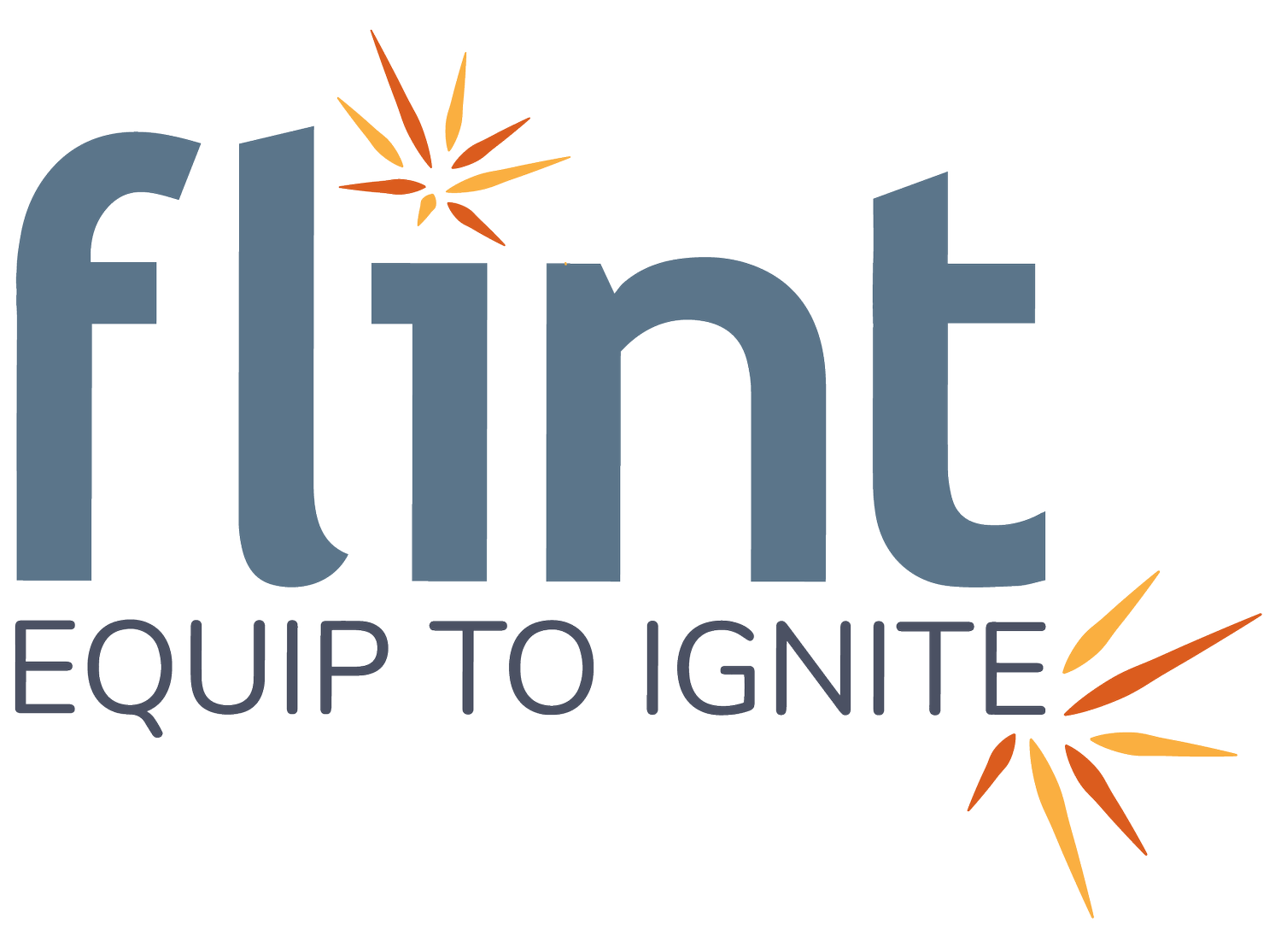Fostering Independence: a Thriving Skills Interview in Colombia
by Justin Sims, Director of Thriving Skills
May 23, 2023
One of Colombia's leading news organizations, Caracol, recently interviewed our Thriving Skills partners at Fundamor. Caracol was eager to understand how our program addresses unemployment among vulnerable youth, especially those from the child protection system. Guillermo Garrido, Fundamor's President, and Monica Gonzales, Education Director and Thriving Skills coordinator, were both interviewed.
In his interview, Guillermo highlights the program's crucial role in the lives of vulnerable young people. He emphasizes that minors in the child protection system face numerous barriers to inclusion. Because it prioritizes its protective role, Guillermo says the system doesn’t generate enough opportunities for teens to develop autonomy and independence.
“When you are away from your family in an institutional setting, you are away from society. They [the teens in protective care] are used to receiving everything in the protection system, but they don’t know how to get around the city or earn a living.”
To read the full news article in English, continue below.
You can find the original Spanish version here. Or watch the Spanish interview and see photos from our Thriving Skills program on Caracol's YouTube channel, which has nearly 6 million subscribers.
English Translation of the Full News Article:
According to figures provided by the National Department of Statistics (DANE), the unemployment rate for young people between the ages of 15 and 28 in Colombia was 18.2%, in the quarter from November 2022 to January 2023. According to experts, one of the problems that this population faces is the difficulty in getting their first job opportunity after finishing their studies, since they are asked for experience that they do not yet have.
That is why initiatives for employability are born, such as the Fundamor Foundation, which seeks to give young people their first paid work experience, especially those who have faced difficult situations throughout their lives. Fundamor has worked for many years with social intervention programs, helping to improve the quality of life of girls, boys, and adolescents in a state of vulnerability and affected by HIV.
Additionally, it has included an internship program with young people who are in the process of restoring their rights, hosted by the Colombian Institute of Family Welfare (ICBF). According to the executive president of the foundation, Guillermo Garrido Arango, in the intervention process they discovered “the challenges and obstacles that these adolescents and young people experience to achieve their reintegration into society,” for which they decided to propose an employability program, focused on this “invisible population.”
According to Garrido, minors who are sheltered by the ICBF “are involved in many situations that end up being barriers to their inclusion processes because the system gives too much priority to protection, but generates little autonomy.”
In this sense, many of the things that are obvious to others represent learning for them. “When you are away from your family in an institutional setting, you are away from society. They are used to receiving everything in the protection system, but they don’t know how to get around the city or earn a living,” he comments.
The coordinator of Fundamor’s education line, Mónica González, adds that in the process there is also training in soft skills and competencies, which allows them to manage their emotions to better adapt in the workplace, since many young people when they leave the ICBF have socialization difficulties or problems with authority.
The program is mixed, it includes other young people who are involved in difficult contexts, so there is a constant exchange of experiences that allow them to grow as individuals. “Closing oneself off from others many times has to do with the context in which they have grown up. We allow them to believe that what they are doing is valid and it will open many doors for them,” says González.
“Most of the opportunities that have been generated in this country have focused on a very vulnerable population that has not finished high school. We have focused our efforts on people who are finishing higher education programs in technical, technological, and professional careers,” she points out.
Currently, the program works only in the city of Cali, so Garrido invites other organizations in the country to join this type of initiative, giving the opportunity to young people who have just started their professional life. “The only way to acquire skills and experiences is by doing.”



